Impossible Cloud Network: The Foundational Layer for the Next Generation Internet

Key Highlights:
1. What is Impossible Cloud Network (ICN)?
2. ICN Tokenomics
2.1 ICNT Token Allocation Details
Category | Amount (ICNT) | Percentage | Description |
Network Node Incentives | 140.0M | 20.0% | HyperNodes and delegated staking mechanisms play a vital role in securing the network, ensuring integrity, and supporting ecosystem growth. Rewards are distributed to HyperNodes based on their contributions. |
Cloud Service Developers | 37.8M | 5.4% | Allocated to reward cloud service developers for their early-stage contributions to the project. |
Partners | 77.0M | 11.0% | Used to initiate foundational ecosystem development, including community activation and early user incentives. |
Investors | 150.5M | 21.5% | Distributed to investors who participated in previous funding rounds. |
Ecosystem Development | 70.0M | 10.0% | Supports ICN's long-term growth through ecosystem funds, partnerships, and other development initiatives. |
Network Expansion | 70.0M | 10.0% | Used to incentivize participation and promote widespread service deployment across providers and regions, helping to build a robust ecosystem. |
Core Team | 154.7M | 22.1% | Allocated to the ICN founders, current and future team members, with specific vesting schedules determined by individual contracts. |

2.2 ICNT Token Vesting Schedule
Category | Amount (ICNT) | Percentage | Description |
Network Node Incentives | 21.0M | 15% | Fully unlocked at TGE |
119.0M | 85% | Vested over 48 months with a declining monthly unlock schedule | |
Cloud Service Developers | 18.9M | 50% | Fully unlocked at TGE |
18.9M | 50% | Vested linearly over 24 months (~1.0 M per month) | |
Partners | 38.5M | 50% | Fully unlocked at TGE |
38.5M | 50% | Vested linearly over 36 months (~1.0 M per month) | |
Investors | 150.5M | 100% | 12-month cliff (0% unlocked), then vested linearly over 24 months (~6.27 M per month) |
Ecosystem Development | 35.0M | 50% | Fully unlocked at TGE |
35.0M | 50% | Vested linearly over 24 months (~1.5 M per month) | |
Network Expansion | 70.0M | 100% | Fully unlocked at TGE |
Core Team | 133.0M | 86% | 12-month cliff (0% unlocked), then vested linearly over 24 months |
21.7M | 14% | Vested over 36 months: 7.2 M (33%) unlocked after 12 months; remaining 14.5 M (67%) vested linearly over the following 24 months |

3. ICN's Unique Features
4. How ICN Works
5. Advantages of ICN
6. How Regular Users Can Participate in the ICN Network
6.1 Staking ICNL to HyperNodes
6.2 Staking ICNL or ICNT to ScalerNodes
Popular Articles
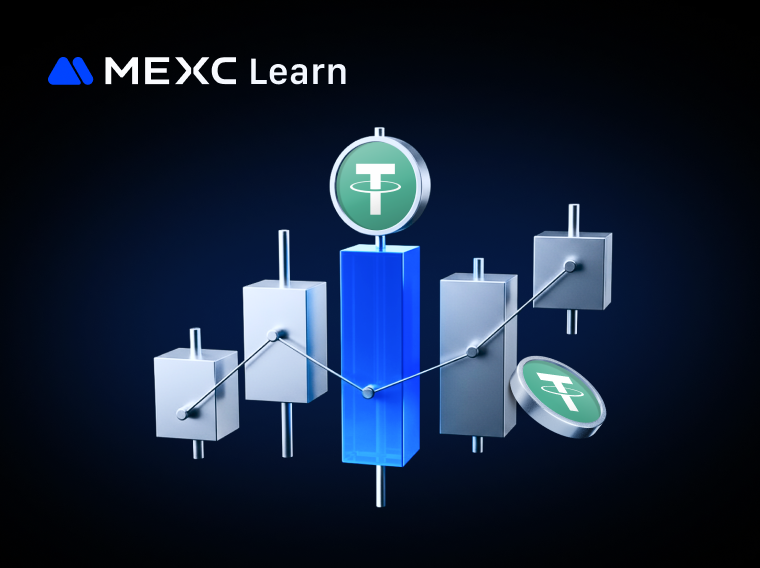
How Tether Maintains Its 1:1 Peg: Mechanics of USDT Reserves
Tether (USDT) is a stablecoin pegged 1:1 to the US Dollar, meaning each USDT is backed by an equivalent amount of reserves. Tether maintains its peg by holding a mix of fiat assets, cash equivalents,
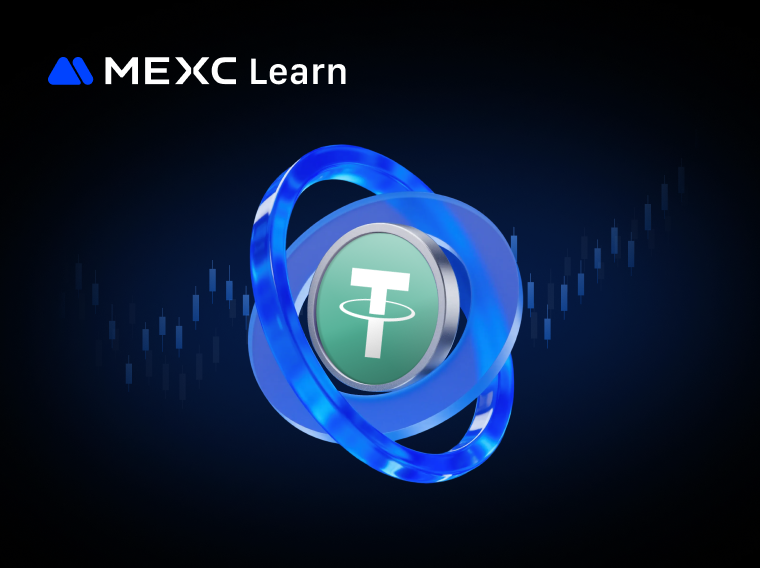
Security First: Identifying and Avoiding Common USDT Phishing Scams
Phishing scams targeting Tether (USDT) users are becoming increasingly common. Identifying these threats and following safe transaction practices can help users protect their assets and avoid falling
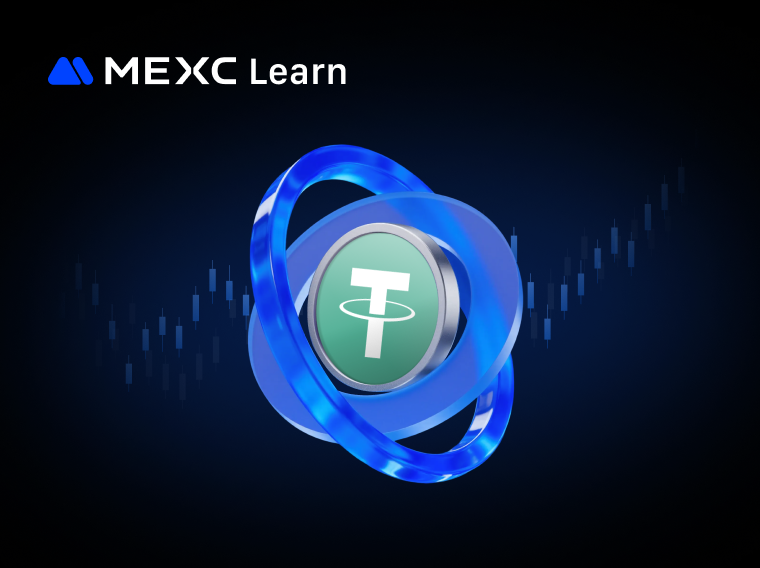
USDT Trading Pairs: Analyzing Bitcoin and Ethereum Liquidity
USDT trading pairs with Bitcoin (BTC) and Ethereum (ETH) are crucial for the cryptocurrency market. These pairs, such as BTC/USDT and ETH/USDT, offer high liquidity and are essential for accurate pric
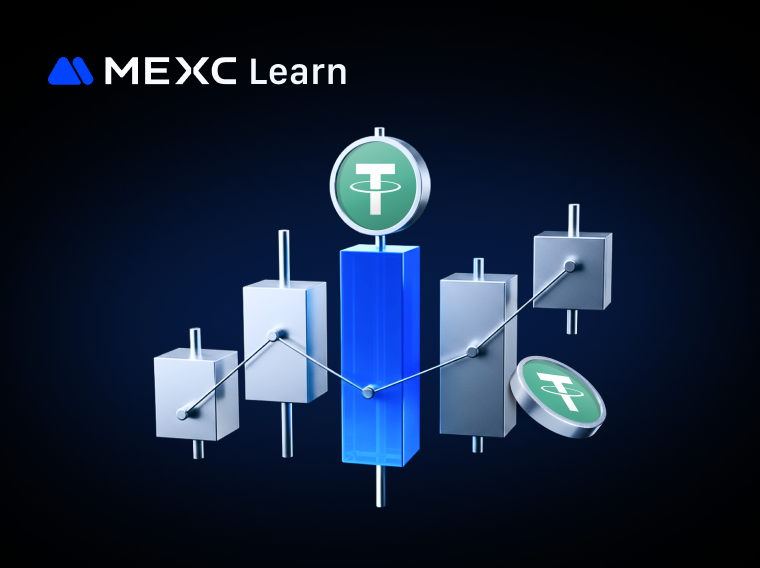
The Role of USDT in Decentralized Finance (DeFi) Yield Farming
USDT (Tether) is a stablecoin pegged to the US Dollar and widely used in DeFi yield farming. By providing liquidity in DeFi protocols, USDT holders can earn interest, rewards, and APY (Annual Percenta
Hot Crypto Updates
View More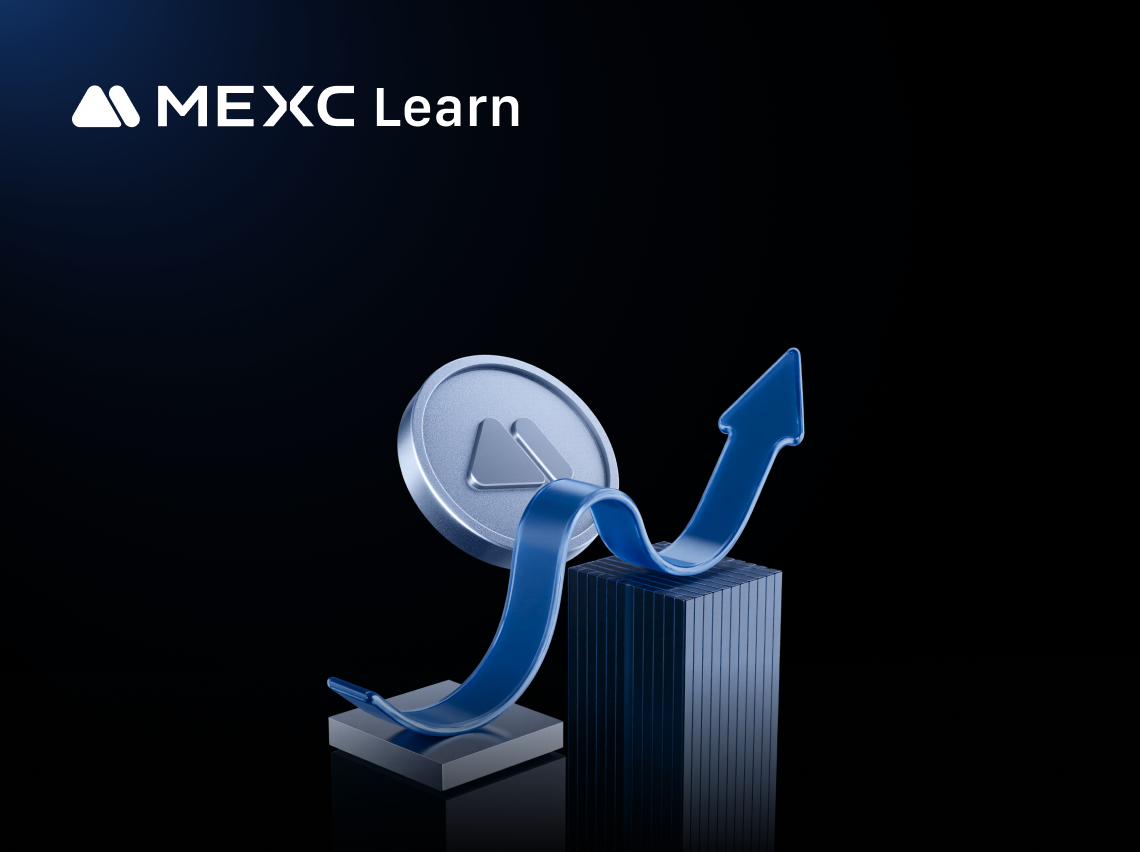
Snowflake (SNOW) Stocks: AI Data Cloud Leader & Consumption Economics
Snowflake Inc. is often described as a “data warehouse company,” but that label is now too small for what the platform has become. Snowflake sells a modern, cloud-native enterprise data layer where
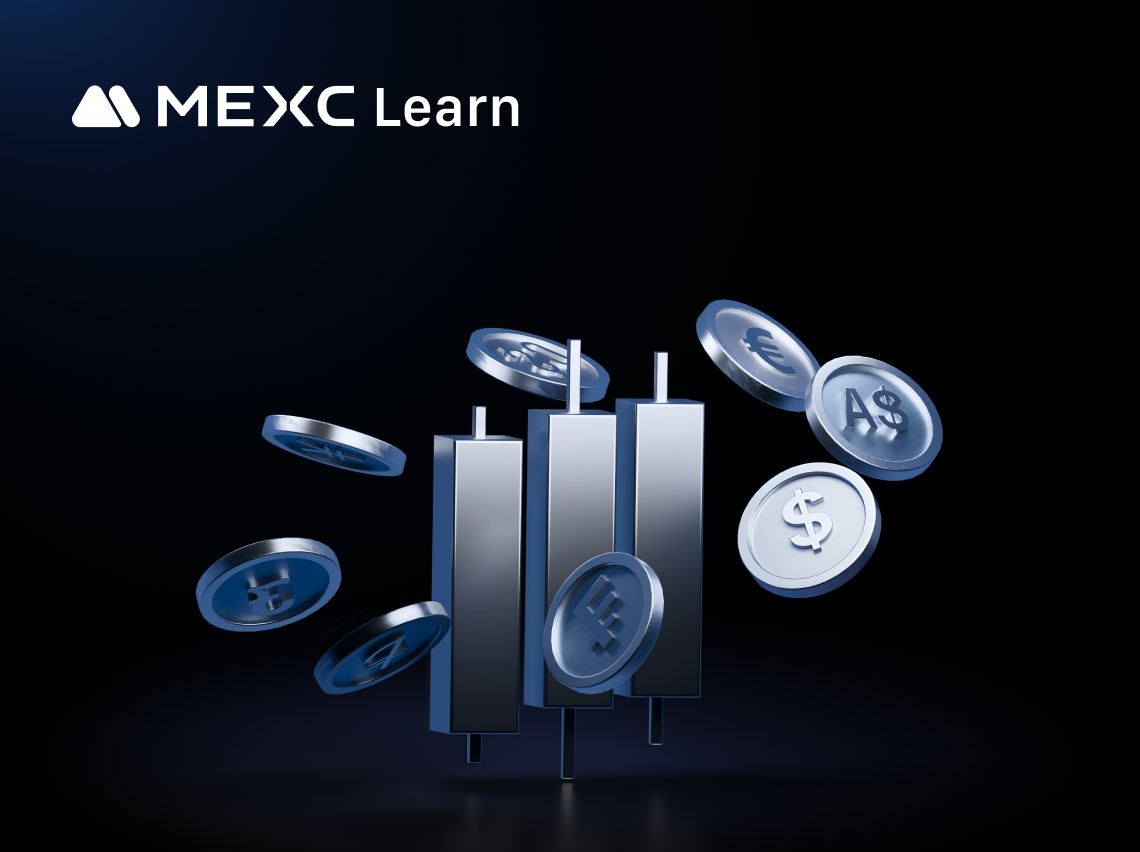
What is Oracle Corporation (ORCL)? Enterprise Tech, Business Model & Top Shareholders
Oracle Corporation (NYSE: ORCL) is a global technology company best known for its enterprise software, database solutions, and growing cloud services business. Oracle operates across cloud
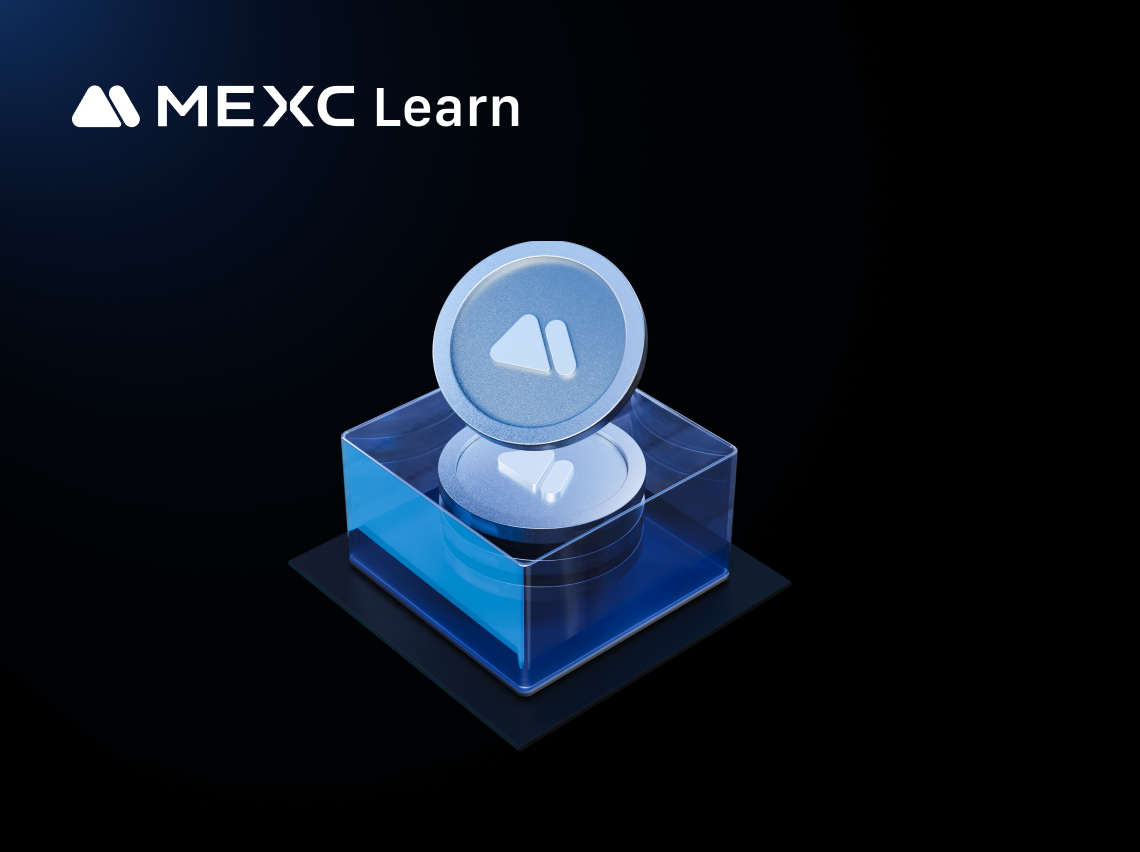
AMZN vs MSFT Stock: A Deep Dive into Two Tech Titans’ Business Models, Valuation, and AI Potential
Amazon (AMZN) and Microsoft (MSFT) are two of the largest and most influential companies in the tech sector, each dominating distinct corners of the digital economy. While Amazon is often synonymous
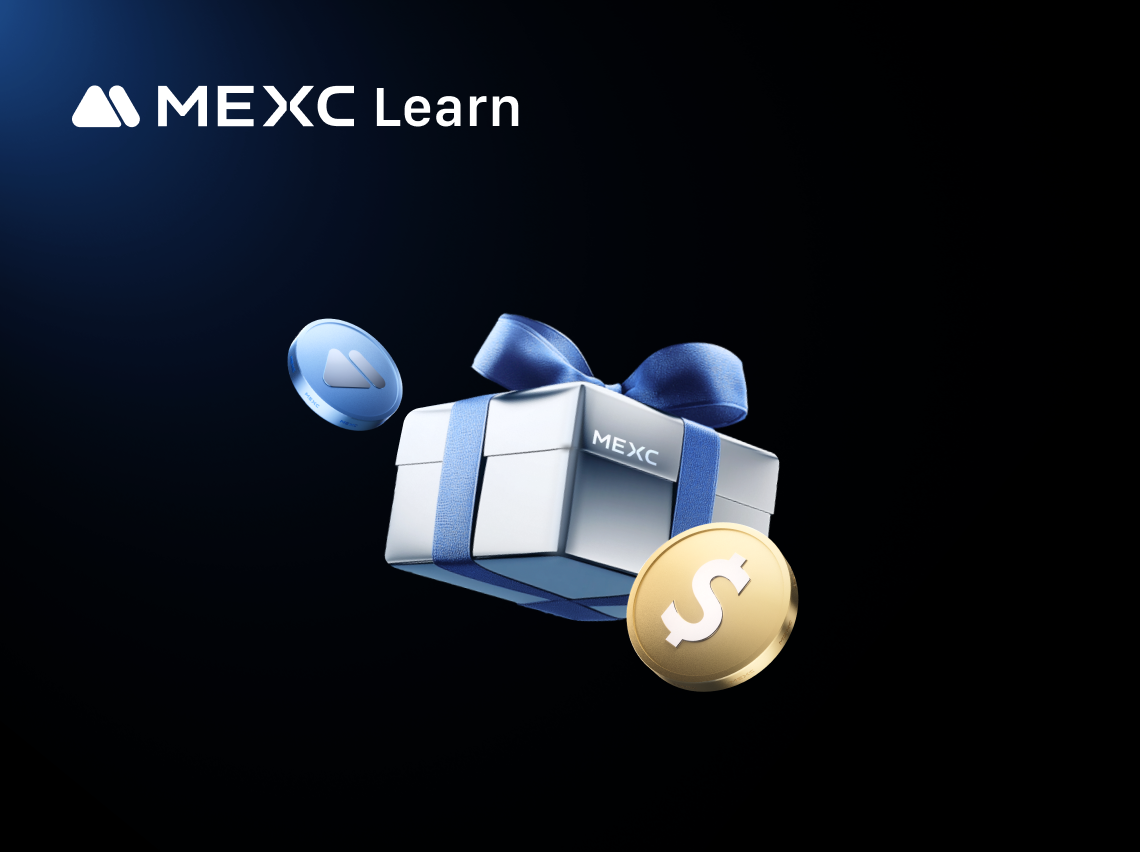
GOOGL Stock Price Performance & Prediction (2026–2030)
GOOGL stock price is often discussed alongside mega-cap US stocks because Alphabet is a foundational business in digital advertising, search, cloud infrastructure, and AI. Over time, Alphabet’s share
Trending News
View More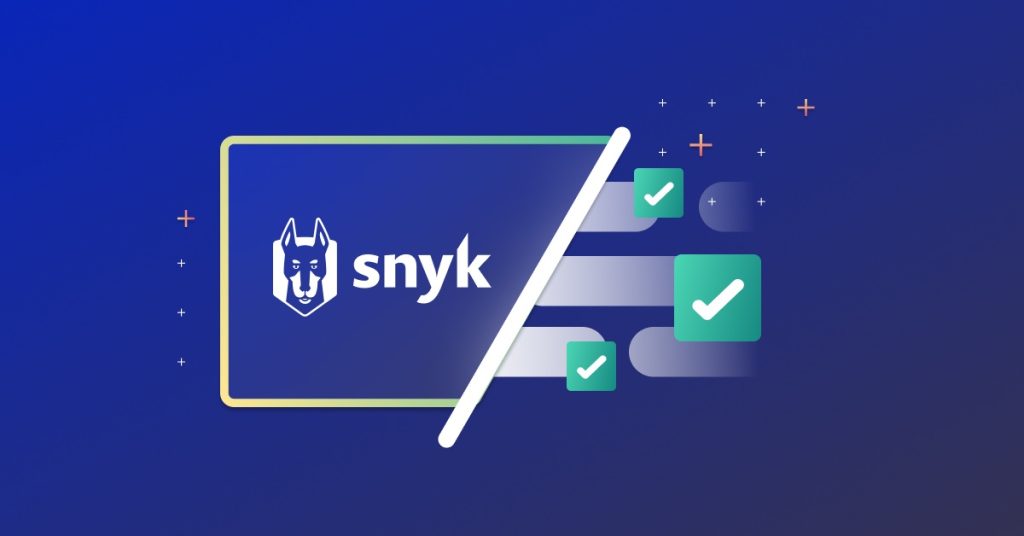
AppSec Tool Categories Security Teams Are Evaluating in 2026
The State of Application Security in 2026 Application security has moved far beyond periodic testing and point-in-time assessments. Modern applications are assembled

Smart investors are positioning in SolStaking
The post Smart investors are positioning in SolStaking appeared on BitcoinEthereumNews.com. Disclosure: This article does not represent investment advice. The content

Paolo Ardoino toont AI tool van Tether die draait zonder cloud
Tether werkt aan een eigen AI assistent met de naam QVAC, die taken kan uitvoeren zoals het aanmaken van Asana tickets, en dat allemaal volledig lokaal. Paolo Ardoino

Lambda Appoints Tech Pioneer Jerry Hunter as Vice Chairman, Compute Delivery and Special Advisor to the Board
Former AWS Infrastructure Leader and Snap COO Brings 30 Years of Hyperscale Expertise to Accelerate Lambda’s Growth SAN FRANCISCO–(BUSINESS WIRE)–Lambda, the Superintelligence
Related Articles

Moonveil: ZK-Powered Web3 Gaming Redefining Ownership & Economy
The integration of blockchain technology and the gaming industry is emerging as one of the most promising frontiers in the digital economy. Its core value lies in fundamentally transforming how player
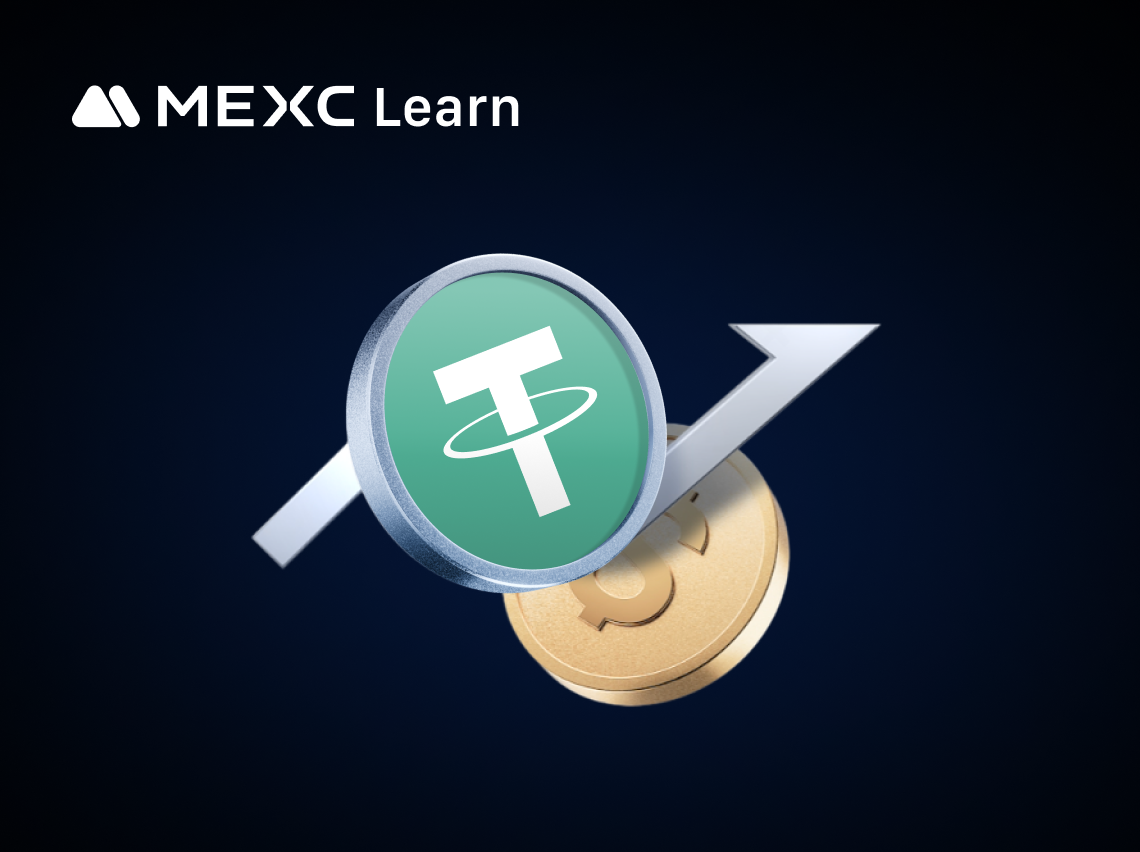
What Is MEXC Earn?
1. What is MEXC Earn?MEXC Earn is a one-stop product launched by MEXC to help users discover a variety of token-holding earning opportunities. It covers flexible savings, fixed savings, and on-chain e
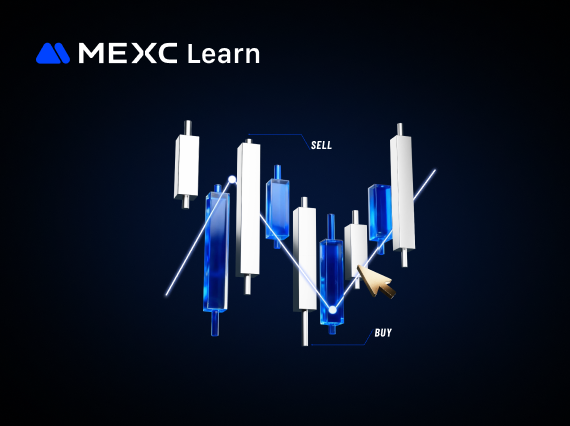
What Is a Spot Trading Trailing Stop Order? A Complete Guide to Automated Profit-Tracking Orders
TL;DRA trailing stop order creates a dynamic exit point that moves with favorable price action and triggers when the market reverses by a specified percentage. This removes the need to predict exact t
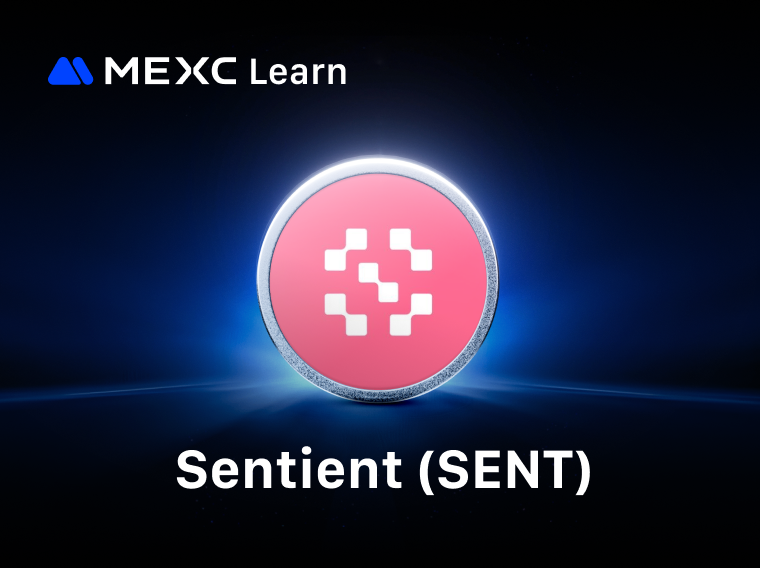
Sentient Crypto Airdrop Guide: Complete SENT Token Claim Process and Eligibility Check
1. Sentient Airdrop Is Live: SENT Token Claim Timeline and Methods ExplainedSentient, a pioneering project focused on open Artificial General Intelligence (AGI) development, has officially launched it
